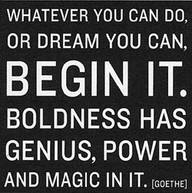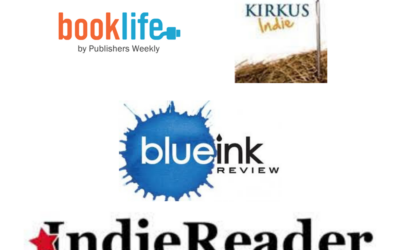Kicking off this month-long Texas Author Interview Series, and celebrating Texas Writers Month with us all today is NY Times bestselling author S. C. Gwynne (Austin). The author may be persuaded to give away a signed copy of his bestseller if enough U.S. residents comment, so please do so by this Friday for a chance to win.
Sam currently writes for the Dallas Morning News and was writing for Texas Monthly for ten years prior to that. In 2008 he won the National City and Regional Magazine Award for “Writer of the Year.”
Prior to joining Texas Monthly, Sam worked for Time Magazine for 12 years as Correspondent, Bureau Chief, National Correspondent and Senior Editor. He won a number of awards for his work at Time, including a National Headliners Award for his work on the Columbine High School shootings. He also won the Gerald Loeb Award, the country’s most prestigious award for business writing, the Jack Anderson Award as the best investigative reporter, and the John Hancock Award for Distinguished Financial Writing. He has also written for the New York Times, Harper’s, the Los Angeles Times, the San Francisco Chronicle, California Magazine, The Boston Globe and many other publications. He is the former editor-in-chief of California Business magazine, then the nation’s largest regional business magazine. Prior to his career in journalism, Gwynne was a French teacher and international banker.
 S.C. Gwynne is the author of three books, Selling Money, about his years as an international banker, and The Outlaw Bank about the $20 billion BCCI bank fraud. Outlaw Bank was named one of Business Week Magazine’s Top Ten Books of the year. In May 2010 his book Empire of the Summer Moon was published by Scribner. The book spent four months on the New York Times top 10 Bestseller list, and when you consider how heavily Quanah Parker has been written about, this is truly amazing.
S.C. Gwynne is the author of three books, Selling Money, about his years as an international banker, and The Outlaw Bank about the $20 billion BCCI bank fraud. Outlaw Bank was named one of Business Week Magazine’s Top Ten Books of the year. In May 2010 his book Empire of the Summer Moon was published by Scribner. The book spent four months on the New York Times top 10 Bestseller list, and when you consider how heavily Quanah Parker has been written about, this is truly amazing.
Q. Are you a native Texan or did you get here as soon as you could?
I was born in Massachusetts and raised in Connecticut, and if you had told me, as late as 1990, that I would ever have willingly lived in Texas, I would have said you were crazy. My idea of Texas was locking myself out of my car at a truckstop near Amarillo in 105 degree heat. I moved here in 1994 as Time Magazine’s bureau chief and fell in love with it. Time tried to transfer me three times (Brussels, Chicago, L.A.) and each time I refused. I mean, there are no decent breakfast tacos in Brussels, as far as I know.
Q. How did you end up writing history?
It was sort of accidental, considering that I have been a working journalist since 1985. I moved to Texas, began learning about the state’s history and finally encountered the Comanches. I just became fascinated with them, and eventually I decided to put all that enthusiasm and interest on my part into a book proposal.
Q. What book marketing activities made you a bestselling author?
I don’t think marketing had much to do with it. The book was a dark horse, and was not heavily promoted. What launched it was “free” media: The NY Times Book Review put it on the cover in June 2010 and gave it a rave review. That was followed by interviews on NPR (Terry Gross’ “Fresh Air”) and Don Imus, and a smattering of other good reviews around the country. I did a limited book tour, but do not think it had much of an effect. The strangest thing was to watch the book zoom up the rankings even without any specific marketing or any major media. At some point I think the internet took over.
Q. Tell us about your latest release. Is it set in Texas?
I am working on a biography of an obscure Civil War general named Tom Jackson. Some knew him as “Stonewall.” The book is set almost entirely in Virginia. There was one little adventure into Maryland that came to be known as The Battle of Antietam. But no Texas.
Q. Where can we pay you a virtual visit?
My website is not quite up yet but should be within the month. Look for www.scgwynne.com to be active before the May publication of Empire of the Summer Moon in paperback. You can friend me on Facebook in the meantime.
Comments?






“Finally a revealing microscopic look at a character &
group of people in the American story that had yet to be told: Quanah Parker & the Comanches.
The vast geographical domain of the Comanches
shaped the American map for many decades, until
Quanah Parker brokered a frontier transition
that affected American politics, economics, military
strategy & civil law. Finally the story is well told.” -LA
This book definitely sounds very interesting. I love reading books about the American Indians. Especially being that I’m one myself.
Great interview, Stephanie. EMPIRE OF THE SUMMER MOON is one of those books that not only grabs you with the subject matter, but the writing style as well. It deserves all the attention it has received and more.
Funny how an interest in the West starts with cowboys for most people and eventually evolves into a fascination with Indians / Native Americans. The perspective of a journalist from New England, with a background in international banking would by definition have to be novel.
In writing about the Comanches, was it difficult to find primary sources from the Indians themselves? Did you have to rely on sources created only by whites? If so, how do you make sure to include Comanche views of the events in the book?
Thank you for introducing me to this author and his work, via the above interview.
Looks like an intriguing book. Good interview.
Thanks for the giveaway.
Great giveaway! I’d love to be entered.
Please count me in. Thanks.
This book looks absolutely fascinating! Great interview and thank you for the giveaway.